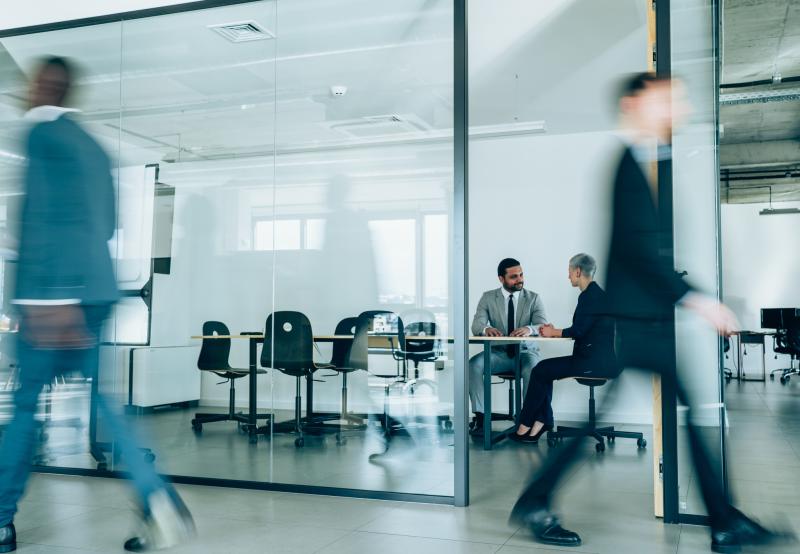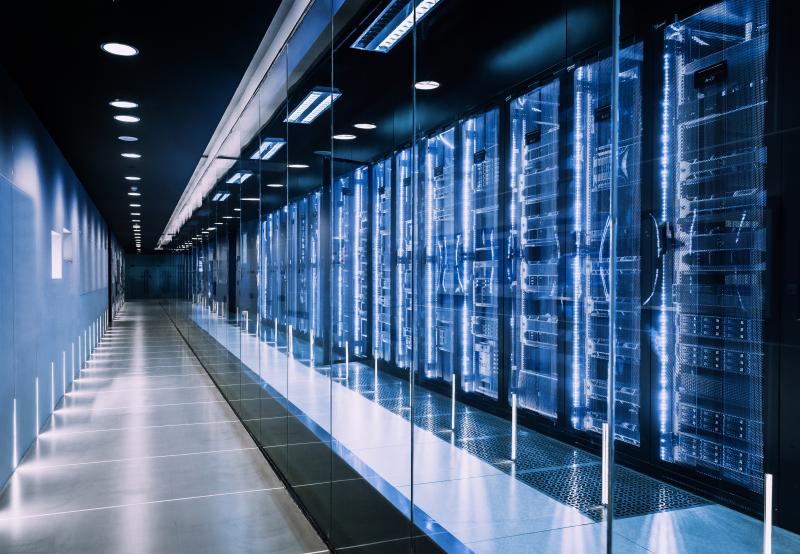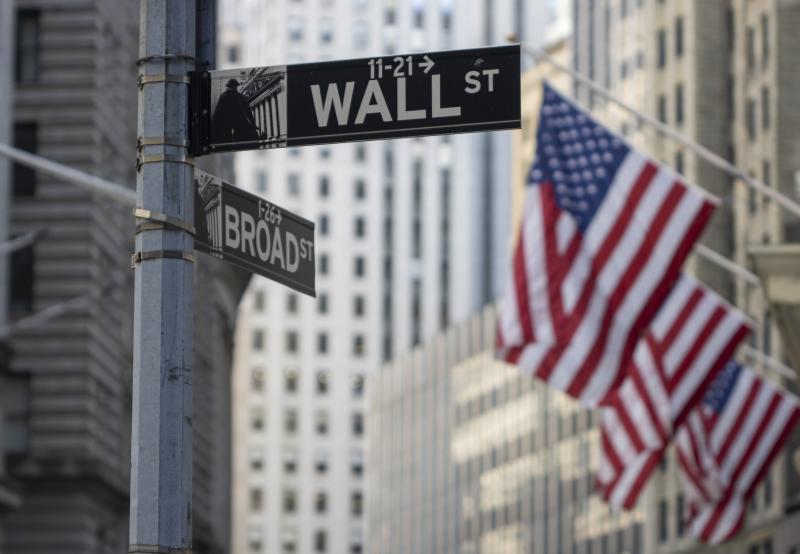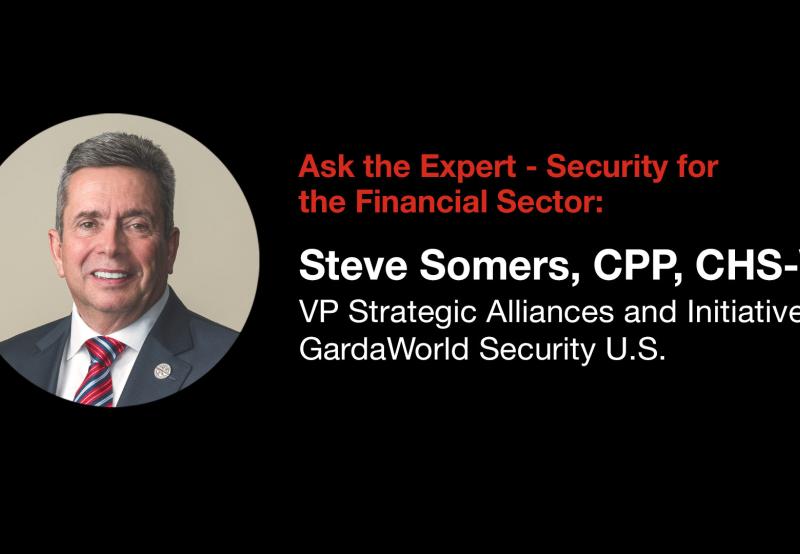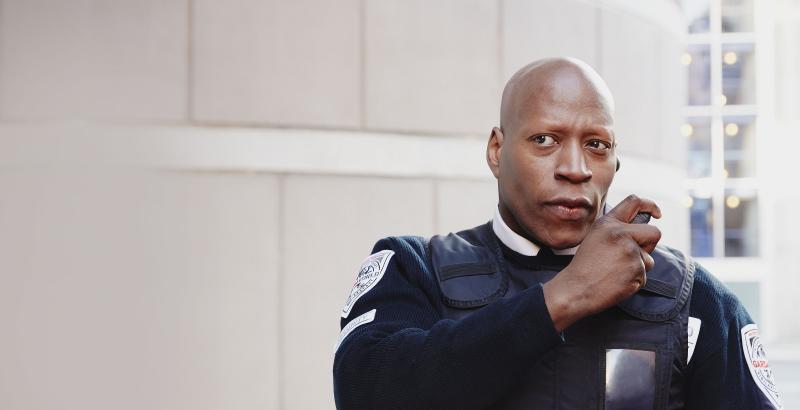
As Special project manager of GardaWorld Protective Services, Steve Davies has deep concerns for safeguarding the company’s clients as well as protecting their assets as if they were his own. He also worries about the safety and well-being of the company’s 26,000 security professionals, whose workplaces range from the ever-changing, day-to-day drama in healthcare facilities to the sprawling, sometimes hazardous terrain of Canada’s oil sands. Wherever they are, they work closely with police to prevent crisis situations from occurring in the first place and defusing them quickly if they do arise. In this interview, he explains more.
First, how do GardaWorld’s security professionals work with local police forces?
Our team members provide security services in a wide range of private sector scenarios, from fixed placements, like at gates, entrances and reception areas, to mobile patrols. We also cover events, from private affairs like large weddings and parties to public rock concerts. All are highly trained and are tied together with radio communications. In general, they can offer more direct coverage and faster response times for the specific areas and environments of our clients than local police can. However, if a situation requires police, fire or emergency services, they are trained to escalate quickly and then provide “eyes and ears” – and sometimes hands and feet – until these backup services arrive.
What kind of situations can require escalation?
Obviously crimes, fires and medical emergencies are the main ones. And, by acting as first-responders, our security professionals can serve as an extension of the public safety function. For example, they’re recruited and trained to be exceptionally observant, so if a crime occurs, they know to capture as much detail as possible, including things that ordinary citizens might overlook. If a fire occurs, they know how to execute an orderly evacuation and stop any panics that might otherwise occur. In the case of a medical emergency, especially when in life-and death situations, their first-aid training can make a critical difference in a situation’s outcome.
Can you give us any examples?
Sure. Last April, in a Toronto office building, four workers were allegedly stabbed by an angry former colleague after he got fired. The scene fast became chaotic with people rushing out of the building and the media rushing to get in. But thanks to the calm, orderly response of our highly trained GardaWorld staff there, panic was contained. Meanwhile, our GardaWorld dispatch center had our mobile patrols on the scene in minutes to back up our onsite security guards, who were already helping police and emergency workers. Given our people’s training, they knew to quickly notify the correct first responders, then protect the crime scene and ensure the safety of those present.
How do you work with police to prevent or defuse crisis situations?
Of course, prevention is always the best strategy. Our security professionals are trained to spot possible “tinderbox” situations, like labor disputes, and keep opposing parties at a distance. They can also tell if a situation is brewing. An example might be a public event or venue where someone’s highly intoxicated or showing mental health issues. Our people are trained to isolate these types of individuals and talk out situations until the person leaves the scene. If they refuse, then we’ll radio for police. If they leave the scene, but we think they are potentially dangerous to the public, we’ll notify the police, who can then monitor the person’s behavior.
What about labor disputes?
A company that is downsizing or closing a facility will often end up with a labor disputes that can result in workers becoming violent or vandalizing the company’s property. Workers and unions protesting can escalate quickly from a peaceful demonstration to an out of control event if not properly prepared for.
How important is it to have highly trained security professionals?
It’s very important. You want to ensure your security officers can handle any situationthat comes up. They must be smart, skilled and responsive “take-charge” individuals, with good judgment about now to think on their feet and apply themselves appropriately in different situations. We carefully screen all our candidates to find these kinds of people, then we thoroughly train them, so they know what to do instinctively. Untrained individuals who are simply given guard uniforms to wear and then assigned to a client’s location or event can actually be counterproductive: They can create or escalate violence, which can result in injuries or PR nightmares and lots if not years of litigation involving civil and regulatory statutes.


